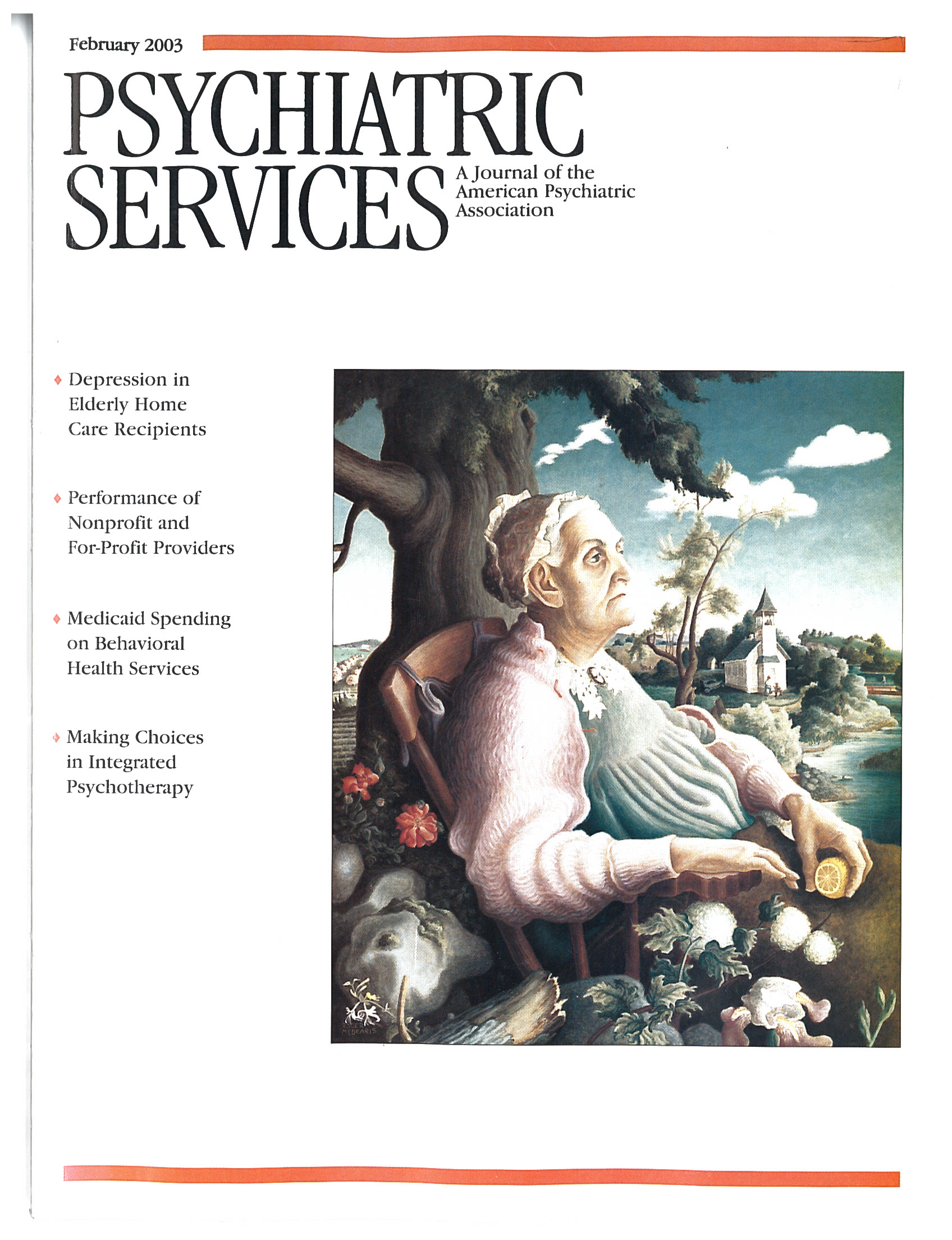Medical Complications of Psychiatric Illness
The authors of Medical Complications of Psychiatric Illness have identified an important area in medicine that has been relatively neglected: the health care of psychiatric patients. Psychiatric illness is associated with elevated mortality rates: age-adjusted annual death rates from all causes among psychiatric patients are two to four times higher than those in the general population (1). Although suicide and accidents are the main causes of the high mortality rates in this population, there is growing evidence that some of the increased risk of death is due to various medical conditions. Medical Complications of Psychiatric Illness is intended to be a practical guide to the medical care of psychiatric patients, and it is a useful source of information that is not readily available in any psychiatric textbook. The target audience is psychiatrists who treat adult patients, but the book certainly would be useful to any mental health providers who coordinate the care of psychiatric patients as well as to primary care physicians.
The book has a very broad scope, but the authors distill a tremendous amount of information and present practical evidence-based recommendations. The first part of the book focuses on the general health care maintenance of patients with psychiatric illness. The first chapter explores the potential reasons for the observed high mortality rates and the role of psychiatrists in improving the medical care of their patients. The authors examine the complicated biological and social factors that likely contribute to this increased mortality, including genetic predisposition to medical conditions, poor health maintenance behaviors, lack of access to health care, and difficulties in the provider-patient relationship. They emphasize that ongoing dialogue between the psychiatrist and the medical provider must be prioritized in order to optimize patient care. The first part of the book closes with practical advice about the initial medical examination and health maintenance and a chapter on reproductive health.
The second part of the book is organized by psychiatric diagnosis, ranging from substance use disorders to Munchausen's syndrome. In general, the chapters are well written and focus on providing useful information, such as when to consider hospitalization for a patient with an eating disorder. The chapter on alcohol and drug abuse contains a particularly strong section on the management of alcohol intoxication and withdrawal. Although the chapters are not systematic reviews, they nevertheless review the literature, and the management recommendations are evidence based. Some of the chapters seem more useful than others, but this may reflect the relatively limited research about effective medical interventions for patients with certain psychiatric disorders.
Medical Complications of Psychiatric Illness is an important book. It is the first to systematically address the medical comorbidity of patients with psychiatric illness, a critical component of comprehensive care for this vulnerable population. The book is a very useful practical guide for the medical care of psychiatric patients. It is concise and easy to read, and both psychiatrists and primary care providers will be able to use it as a quick reference.
Dr. Chwastiak is acting assistant professor in the department of psychiatry and behavioral sciences at the University of Washington in Seattle.
1. Hannerz H, Borga P, Borritz M: Life expectancies for individuals with psychiatric diagnoses. Public Health 115:328-337, 2001Crossref, Medline, Google Scholar



